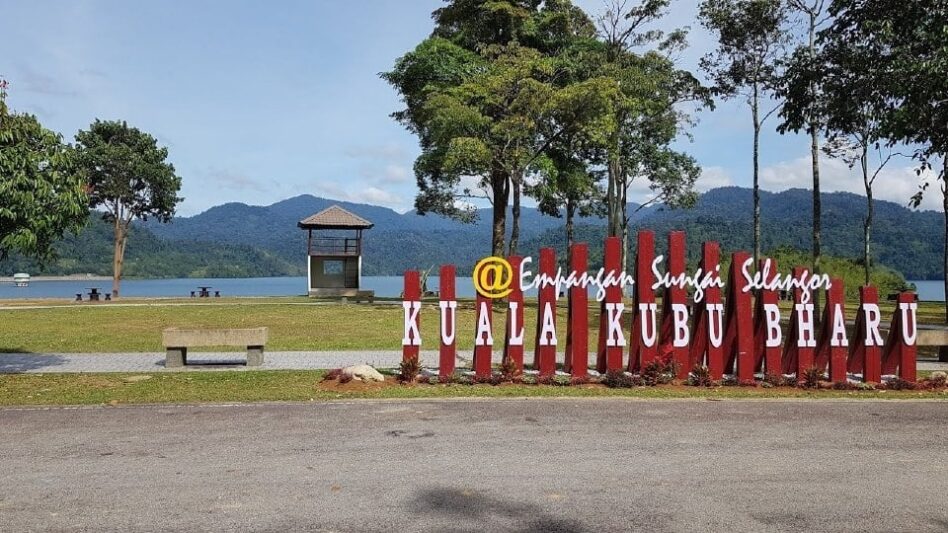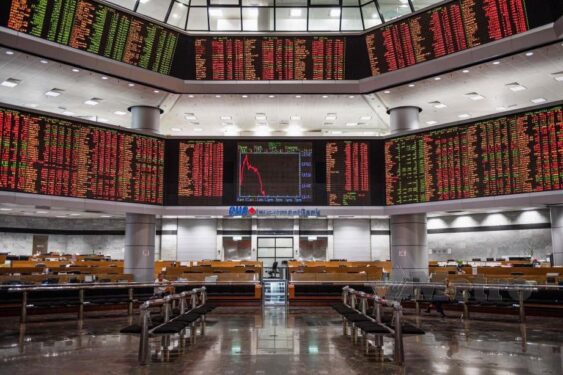TECHNOLOGY Park Malaysia (TPM) has announced that it will be recalibrating to offer services in five areas before the end of the year to strengthen the supply of innovation, aimed at accelerating economic recovery for the country.
Among others, TPM will offer improved integrated infrastructure services, a sandbox site, experimental lab and a commercialisation centre as well as programmes to build a stronger pipeline of innovation.
“TPM will also be providing updates on designated development zones for emerging technologies including drones, robotics, artificial intelligence, med-tech and more for applications in agriculture, smart manufacturing, smart cities and health in order to capture rising market demand in these sectors,” it said in a statement.
A recent study by KPMG on global innovation hubs placed Kuala Lumpur ninth among Asian cities.
The country also currently ranks 33 in the Global Innovation Index (GII) 2020 out of 131 economies.
The government has designed several measures to improve this position, including addressing the supply and demand for innovation.
“We believe that TPM is at an opportune intersection between science, technology, innovation and parks to drive the commercialisation agenda, which is the cornerstone in our security of innovation supply strategy,” said TPM CEO Dzuleira Abu Bakar.
“We need to push for innovation beyond the confines of the laboratory or academia, into the market where innovative technology matches its specific, and eventually profitable use case,” she added.
According to the National Survey of Research and Development (R&D) in Malaysia 2019, almost 80% of research today in Malaysia is being conducted in Higher Learning Institutions, with Corporates making up about 15% and the remaining 5% from the government.
The report also showed that between 2016 and 2020, more than 386 projects commercialised, cumulatively valued at just over RM400 mil.
“Innovation allows us to unlock new value – and we want to capitalise on it – with speed, through synergy, for scalability,” Dzuleira added.
“In delivering socio-economic value, innovations must be mission-based, offering more affordable, available and accessible solutions for the rakyat.
“In order to achieve these efficiencies and economies of scale, we are working to expand the volume of transactions by first enabling Malaysia’s basket of technology companies to grow,” she added.
According to Dzuleira, TPM will prioritise companies that operate within the 10 key socio-economic sectors and 10 global leading science and technology drivers as outlined in MOSTI’s National Science and Technology Innovation Policy.
“We believe these integrated infrastructure services and programmes will enable more technology and innovation companies to have a stronger transition to success.
“It’s not about one company or 10, but it is about realising value across the entire value chain in the economics of innovation,” Dzuleira pointed out. – Sept 16, 2021.










